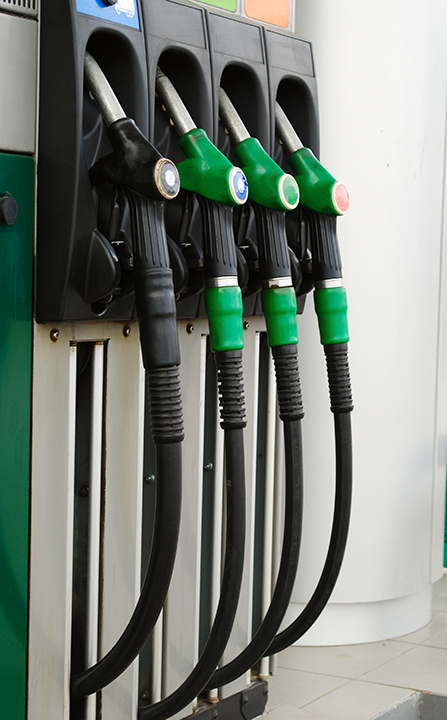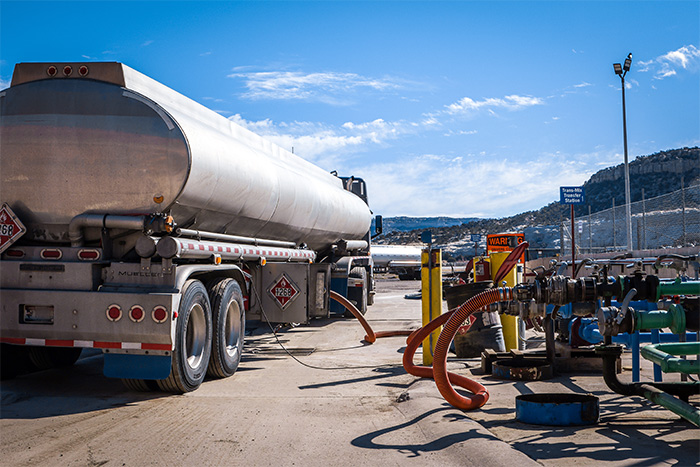
Fuel quality is one of the most important factors to consider when managing a fleet of vehicles or heavy equipment. Poor fuel quality can lead to engine damage, decreased fuel efficiency, and costly repairs. In this blog post, we’ll explore fuel quality standards and the importance of understanding and monitoring fuel quality.
Fuel quality is regulated by various organizations, including the American Society for Testing and Materials (ASTM), the Environmental Protection Agency (EPA), and state agencies. These organizations establish guidelines and regulations to ensure that fuels meet certain quality standards.
One of the primary standards for diesel fuel is the ASTM D975 standard. This standard sets requirements for various properties of diesel fuel, including cetane number, sulfur content, and viscosity. Cetane number is a measure of the ignition quality of diesel fuel, while sulfur content can have a significant impact on emissions and engine performance. Viscosity is also an important property, as it can affect fuel efficiency and engine performance.
Gasoline is subject to different standards, including the ASTM D4814 standard. This standard sets requirements for properties such as octane rating, volatility, and ethanol content. Octane rating is a measure of the fuel’s resistance to knocking, while volatility can impact cold starting and emissions. Ethanol content is also important to consider, as higher levels of ethanol can impact fuel efficiency and potentially damage engines that are not designed to run on high-ethanol blends.
Understanding these standards is important for several reasons. First, it can help you ensure that the fuels you are purchasing meet the necessary quality standards. This can help you avoid costly repairs and ensure that your vehicles and equipment perform as intended. Second, it can help you monitor fuel quality over time. Regular testing can help identify issues such as water contamination, sediment buildup, or other impurities that can impact fuel quality and engine performance.
Fuel quality testing is typically conducted using specialized equipment that can measure properties such as water content, sediment, and acidity. Regular testing can help identify issues before they become major problems and allow you to take corrective action. It’s important to work with a trusted fuel supplier who can provide testing services and help you understand the results.
